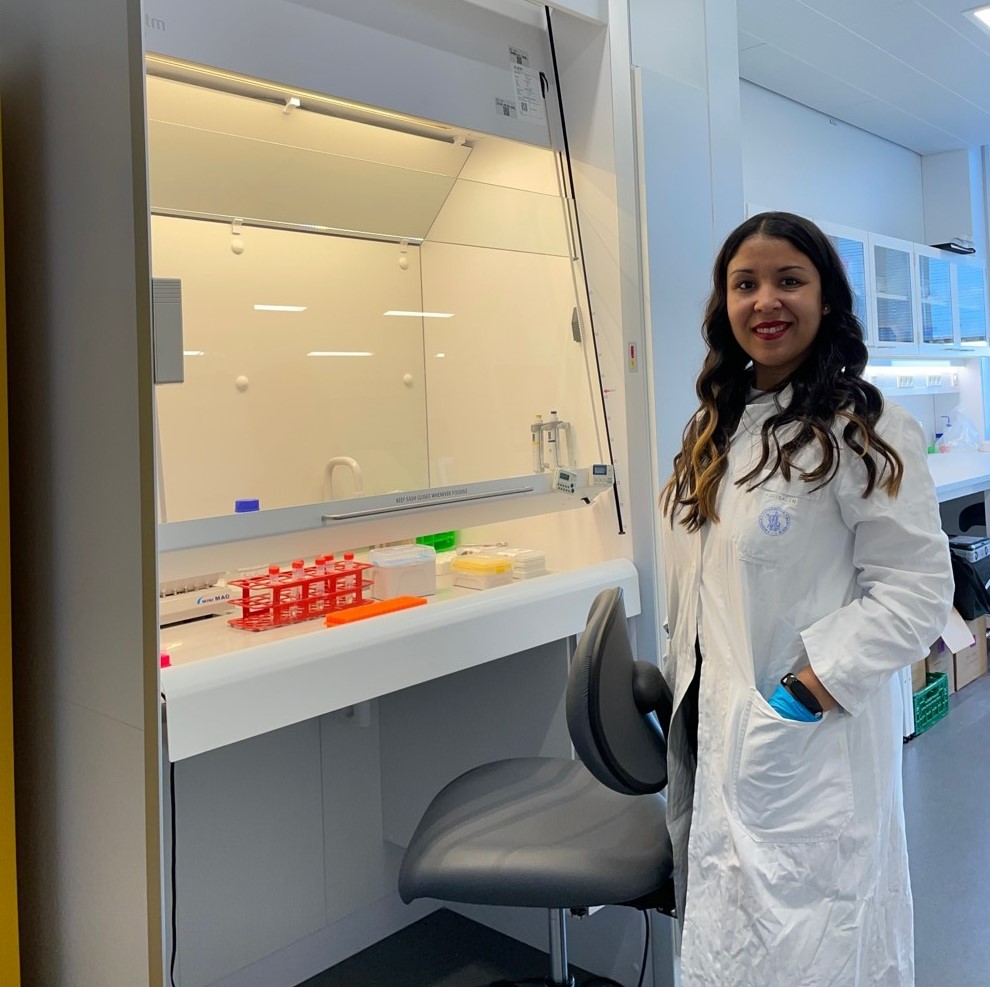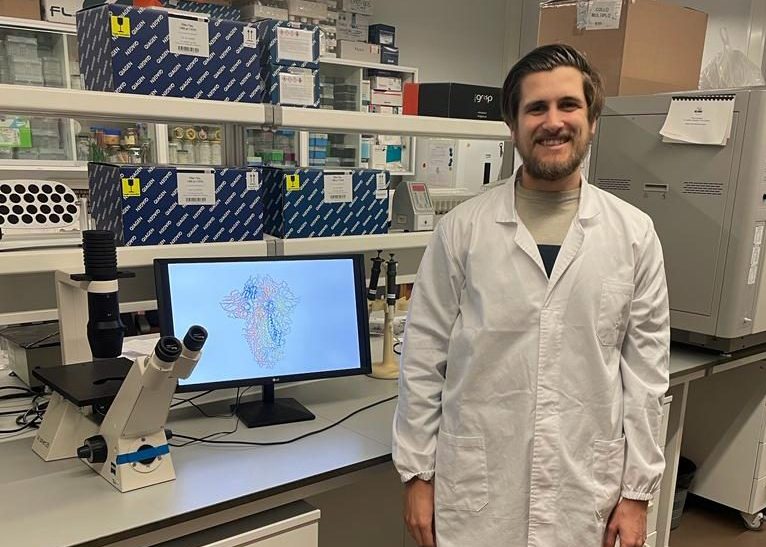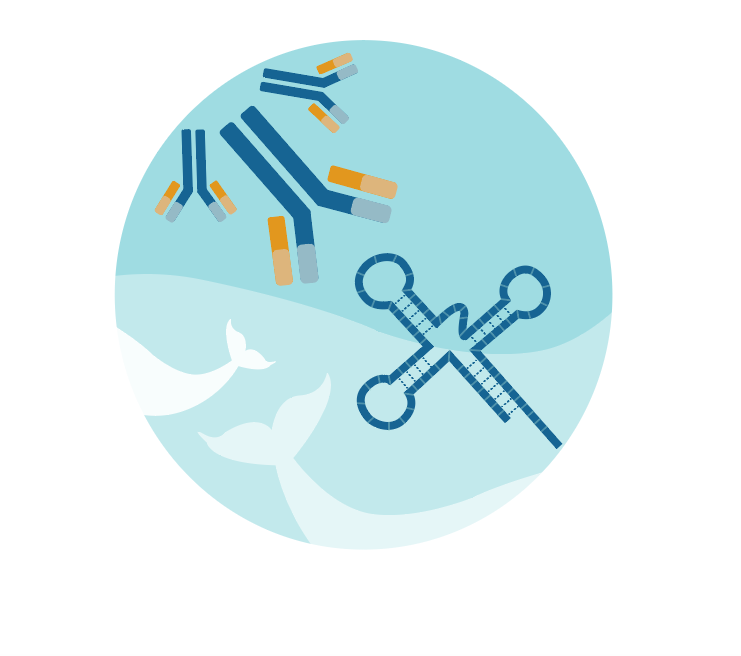January is One Health Awareness month. At ICBAS we are committed to promoting this concept, not only within the academic community, but also across society.
The health of the environment, animals and people are naturally interconnected. It is essential that professionals in all fields of biomedical science work together to conserve our planet for future generations.
But we all have the responsibility to play our part. Everyone can help to look after the earth through simple actions. In fact, small changes in our daily routines can spread the message of the One Health concept and have a huge impact on our planet. It is all about mindful choices. You can find some examples below.
Read them and increase your One Health Lifestyle!
Eat Local
That means consuming locally produced food from providers of your community or region. Seasonal fruits and vegetables, fresh bread and locally produced honey are excellent examples of products that can be found in your vicinity. By ‘eating local’, you will not only be eating seasonal food, which is healthier for our bodies, but you will also be contributing to reduced greenhouse gas emissions, producing less waste and benefiting the local economy.
Reduce Food Waste
About 88 million tonnes of food are wasted in the European Union per year, which means 173 kilos per person. Most of this food (53%) is household waste. You can reduce food waste by planning your meals, using or freezing your leftovers, choosing imperfect fruit and vegetables at the market, growing food at a community allotment, or asking to be served the right portion for you. The reduction of food waste will save energy and resources, diminish greenhouse gas emissions, promote food security…and save money!
Combat Antimicrobial Resistance (AMR)
Antimicrobial resistance occurs when pathogens (bacteria, viruses, fungi or parasites) change over time and no longer respond to medicines, making infections harder to treat. Misuse and overuse of antibiotics are the main drivers of resistant bacteria. Using antibiotics only when prescribed diminish the appearance of resistant bacteria and can prevent prolonged hospital stays and deaths. This in turn reduces the economic burden (human, animal and environmental) on the health system.
Contact with Nature and Animals
Feeling the sun on our skin, the fresh air on our face, or the soft fur of our pet are comforting sensations. Contact with nature and pets makes us happier and gives us the opportunity to exercise, which improves both our mental and physical health. Being in touch with nature raises our awareness of the environment and the importance of caring for our animals.
Improve your Mental and Physical Health
There are other ways of improving your mental and physical health. Meditating, getting regular exercise, eating healthily and engaging with your community, are some important activities that can help you to be more connected with yourself. This will improve your self-esteem, help you to manage stress and prevent and cope with e chronic physical illness. And, don’t forget, get help when you need it!
Do you have other tips to support the One Health approach? Share them and spread the word!
This text was written by Begoña Perez Cabezas | One Health Programme Officer at ICBAS


